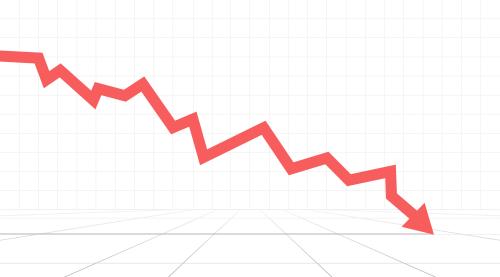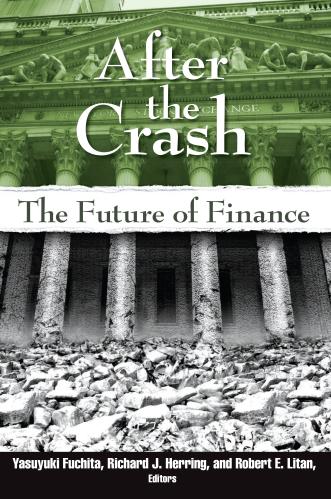Executive Summary
Laws and regulations have both benefits and costs, comparisons of which provide useful information. When such benefits and costs occur over time it is normal practice to discount them, with costs in the distant future considered less important than those occurring in the present, and distant benefits less valuable than present benefits. Conventionally, this discounting is done at a constant rate each period—so-called exponential discounting— with both cost and benefit streams being treated as if they were financial assets. However, humans are not exponential discounters. Rather, people tend to discount more than exponentially in the short run but less than exponentially in the long run. Such ‘hyperbolic’ discounting is empirically ubiquitous but neglected administratively. The recent ‘data quality act’ requires that information utilized by Federal agencies “adhere to a basic standard of quality, including objectivity, utility and integrity.” Here we argue that exponential discounting of many benefit streams—particularly non-pecuniary ones—fails the ‘data quality’ test and should be abandoned in favor of empirically-observed hyperbolic discounting.







